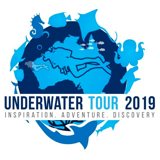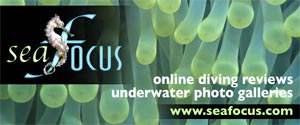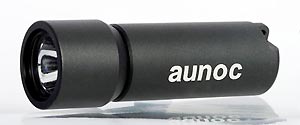- Home
- Directory
- Shop
- Underwater Cameras - Photographic Accessories
- Smartphone Housings
- Sea Scooters
- Hookah Dive Systems
- Underwater Metal Detectors
- Dive Gear
- Dive Accessories
- Diving DVD & Blu-Ray Discs
- Diving Books
- Underwater Drones
- Drones
- Subscriptions - Magazines
- Protective Cases
- Corrective Lenses
- Dive Wear
- Underwater Membership
- Assistive Technology - NDIS
- On Sale
- Underwater Gift Cards
- Underwater Art
- Power Stations
- Underwater Bargain Bin
- Brands
- 10bar
- AOI
- AquaTech
- AxisGo
- Backscatter Underwater Video and Photo
- BLU3
- Cayago
- Chasing
- Cinebags
- Digipower
- DJI
- Dyron
- Edge Smart Drive
- Eneloop
- Energizer
- Exotech Innovations
- Fantasea
- Fotocore
- Garmin
- Geneinno
- GoPro
- Hagul
- Hydro Sapiens
- Hydrotac
- Ikelite
- Indigo Industries
- Inon
- Insta360
- Intova
- Isotta Housings
- Jobe
- JOBY
- Kraken Sports
- LEFEET
- Mirage Dive
- Nautica Seascooters
- Nautilus Lifeline
- NautiSmart
- Nitecore
- Nokta Makro
- Oceanic
- Olympus
- OM System
- Orca Torch
- Paralenz
- PowerDive
- QYSEA
- Scubajet
- Scubalamp
- Sea & Sea
- SeaDoo Seascooter
- SeaLife
- Seavu
- Shark Shield
- Sherwood Scuba
- Spare Air
- StickTite
- Sublue
- Suunto
- SwellPro
- T-HOUSING
- Tusa
- U.N Photographics
- Venture Heat
- XTAR
- Yamaha Seascooter
- Youcan Robot
Japan calls for protection during humpback season - but might still target Migaloo
A few stories are appearing in the Australian media including some passionate discussions from readers about the pros and cons of supporting Japanese whaling.
I would have to say if they start hunting down Migaloo the worlds only known white humpback whale - for scientific research - that would be devastating. Migaloo has become an icon for the recovery of the humpback whale population in our waters. If this whale dies to become food ...
Read the story on the ABC and the following discussions:
Japan wants Australia to help protect its whaling fleet from what it calls "environmental terrorism" as it kills humpbacks in the Southern Ocean this summer.
Japan's whaling fleet is preparing to depart for its annual scientific hunt and 50 humpback whales will be targeted for the first time.
Japan's Fisheries Agency says Australia and New Zealand should help protect the Japanese fleet and has accused environmental group Sea Shepherd of being responsible for violent confrontations in recent years.
Sea Shepherd's captain Paul Watson says his organisation is not responsible for the collisions with Japanese ships and has acted lawfully.
"Japanese whaling is illegal. They're targeting endangered species in a whale sanctuary in violation of a global moratorium on whaling," he said.
"We have the law on our side."
Discussions at:
http://www.abc.net.au/news/stories/2007/11/12/2087736.htm
The other article is from the Melbourne AGE titled:
Japanese whalers won't say if they'll spare Migaloo
Japanese whalers have refused to say if they will target white humpback whales such as Migaloo, which annually travels along the east coast of Australia, in their research slaughter this summer.
As the Japanese whaling fleet prepares to leave port and head for the Antarctic, the Japan Fisheries Agency has given a firm "no comment" to questions about white whales.
Japan, which uses a loophole in International Whaling Commission (IWC) laws to hunt almost 1,000 whales each year in the southern hemisphere, allegedly for scientific research, will target humpbacks for the first time this summer.
The ships have been given a quota of 50 humpbacks along with 50 fin whales and hundreds of the smaller minke whales this year.
Migaloo, whose Aboriginal name means White Fella, is believed to be the only completely white humpback whale in the world and is often spotted among the humpbacks which form the basis of Australia's whale-watching industry.
AAP inquiries of Japan Fisheries Agency about the fate of Migaloo and other white whales were met with "no comment".
More of this article at:
http://www.theage.com.au/news/national/migaloo-to-face-whalers/2007/11/12/1194766544520.html
![]() Contributed by Tim Hochgrebe added 2007-11-12
Contributed by Tim Hochgrebe added 2007-11-12
Replies of 4
- KerryH added 2007-11-13
I hope Sea Shepherd sinks them. No-one else is going to do anything to stop these mongrels!
Kerry Hasell Hong Kong
-
 Tim Hochgrebe added 2007-11-13
Tim Hochgrebe added 2007-11-13
The Japanese issued a statement they would spare Migaloo if they would cross its path ... see this article from the Daily Telegraph
BUMBLING Japanese whalers have been forced to issue an embarrassing clarification after indicating they were prepared to kill rare white whales such as Migaloo in the name of "science".
The bizarre clarification means that albino whales are safe this summer as the Japanese whaling fleet readies itself to sail.
As thousands of humpbacks make the annual migration south to Antarctica - some of them dropping in to Sydney Harbour on their way - the whaling fleet is set to leave Japan for the Southern Ocean.
The departure date is confidential, but rumour has it the ships could leave as early as Thursday - with a mandate to kill about 1000 whales, including - for the first time - 50 humpbacks.
Yesterday it emerged the Japan Fisheries Agency had refused to rule out harpooning rare white whales, including the famous Migaloo which is tracked along the Australian East Coast by whale enthusiasts every year.
The last known sighting of the adult male humpback was in late September off Byron Bay on the NSW North Coast.
Migaloo is expected to have reached Antarctica by now.
A spokesman for Japan's Institute of Cetacean Research in New Zealand, Glenn Inwood, said the notion Migaloo would be hunted was "absurd".
"Of course, if there was a albino whale around the research wouldn't be undertaken," he said.
"It's understood how much Australians have been promoting Migaloo, so it's absurd really."
But Mr Inwood defended Japan's scientific whaling program, which allows them to hunt the sea giants despite a world-wide ban on commercial whaling.
"We'll take up to 50 humpbacks from Antarctica this year - well within the limits of sustainability," he said.
full story at:
http://www.news.com.au/dailytelegraph/story/0,22049,22745518-5005941,00.html
- JohnT added 2007-11-14
Japanses Whalers - have lost so much face, they need to wear name tags - totally without honor - rapists of the sea. Can they not see that they will demonstrate far more courage and honor by backing down on this issue, than if they continue on - driven soley by hollow pride and foolish bravado. japanese whalers: if you get to read this - the World thinks you all stink. Your feeble attempt to prove your manly strength and stoic courage is seen by all as nothing more than a desperate attempt to overcompensate for your small genitalia. Grow some balls and let the whales live.
-
 Tim Hochgrebe added 2007-11-15
Tim Hochgrebe added 2007-11-15
More fuel to the argument that whales don't need killing for scientific research
In the ABC News today
In just a week or so the Japanese whaling fleet will set sail to the Southern Ocean for the controversial annual whale cull, all in the name of science.
This year the whalers are targeting more than 1,000 minkes and 50 fin whales. And for the first time, the grisly quota will include humpbacks.
The inclusion of this magnificent creature has angered many Australians and reignited an international furore, but the Japanese argue they must kill humpbacks to find out their genetic make-up.
Now scientists in Australia say they have got the evidence to shoot that claim down. They have developed a technique that they say delivers all the answers without bloodshed.
As the annual hunt approaches, humpbacks - which attract thousands of tourists to whale-watching spots like Queensland's Hervey Bay - now face the threat of harpoons for the first time in more than 30 years.
The whales migrate south every year, and on their way they turn the bay into a playground where the mothers approach the boats with their calves and interact with the whale-watchers.
Southern Cross University scientist Dr Peter Harrison says they shouldn't be killed.
"We were really shocked to learn that the Japanese were planning to start targeting humpback whales because it makes no scientific sense," he said.
But Japanese Fisheries Agency spokesman Hideki Moronuki argues that killing whales is the only way to get accurate scientific data on the whale's sex, its ability to reproduce and, most importantly, its age.
"The best way to get scientific information about whales is a combination of lethal and non-lethal research," he said.
"With those two researches, we can get much more information for the appropriate management of whales."
Opponents argue that Japan's so-called scientific whaling is a cover for selling and eating whale meat. They say killing for science is a sham.
Full article at:
http://www.abc.net.au/news/stories/2007/11/14/2090100.htm
Replies of 4
![]() Login or become a member to join in with this discussion.
Login or become a member to join in with this discussion.

 AquaTech Australia
AquaTech Australia
Since 1998 AquaTech has been at the forefront of the design and manufacture of professional photographic accessories.
Shopfront
-
 DYRON Macro lens UCL67II
DYRON Macro lens UCL67II
- Price A$ 199.00
-
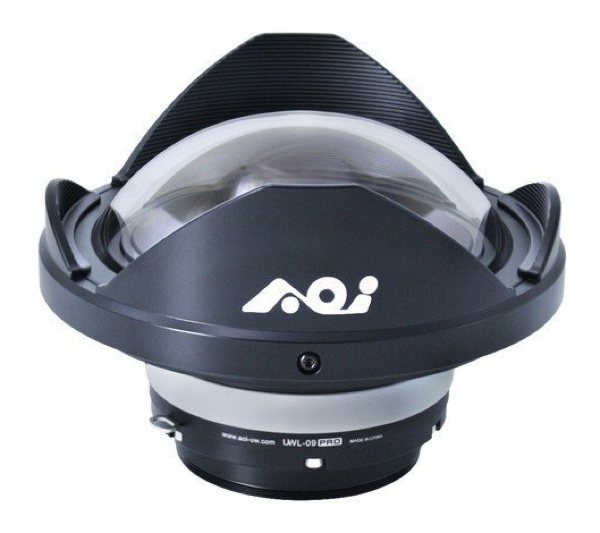 Fantasea AOI UWL-09 Pro - Super Wide Angle PRO Glass Wet Lens
Fantasea AOI UWL-09 Pro - Super Wide Angle PRO Glass Wet Lens
- Price A$ 1,649.00
-
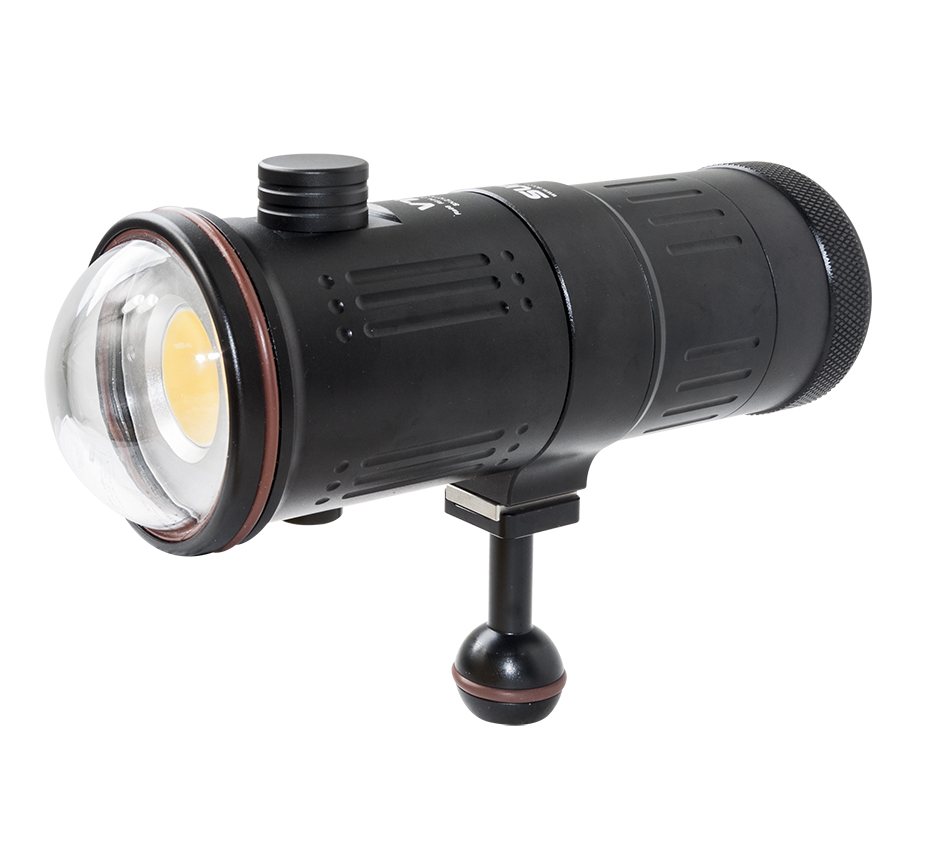 Scubalamp V7K Photo/Video Light - 15,000 lumens
Scubalamp V7K Photo/Video Light - 15,000 lumens
- Price A$ 1,699.00
-
 K5 Underwater Scooter
K5 Underwater Scooter
- Price A$ 999.00
-
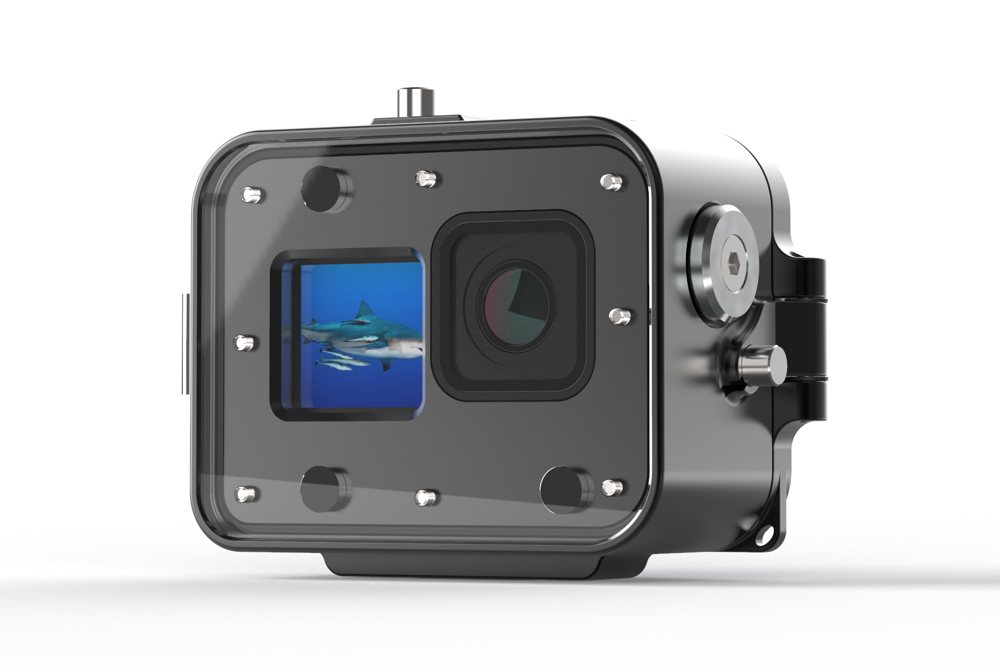 T-Housing Aluminium Deepdive Housing for GoPro Hero9 Hero10 HERO11 HERO12 and HERO13
T-Housing Aluminium Deepdive Housing for GoPro Hero9 Hero10 HERO11 HERO12 and HERO13
- Price A$ 579.00
-
 GoPro HERO13 Black Action Video Camera
GoPro HERO13 Black Action Video Camera
- Price A$ 649.00
-
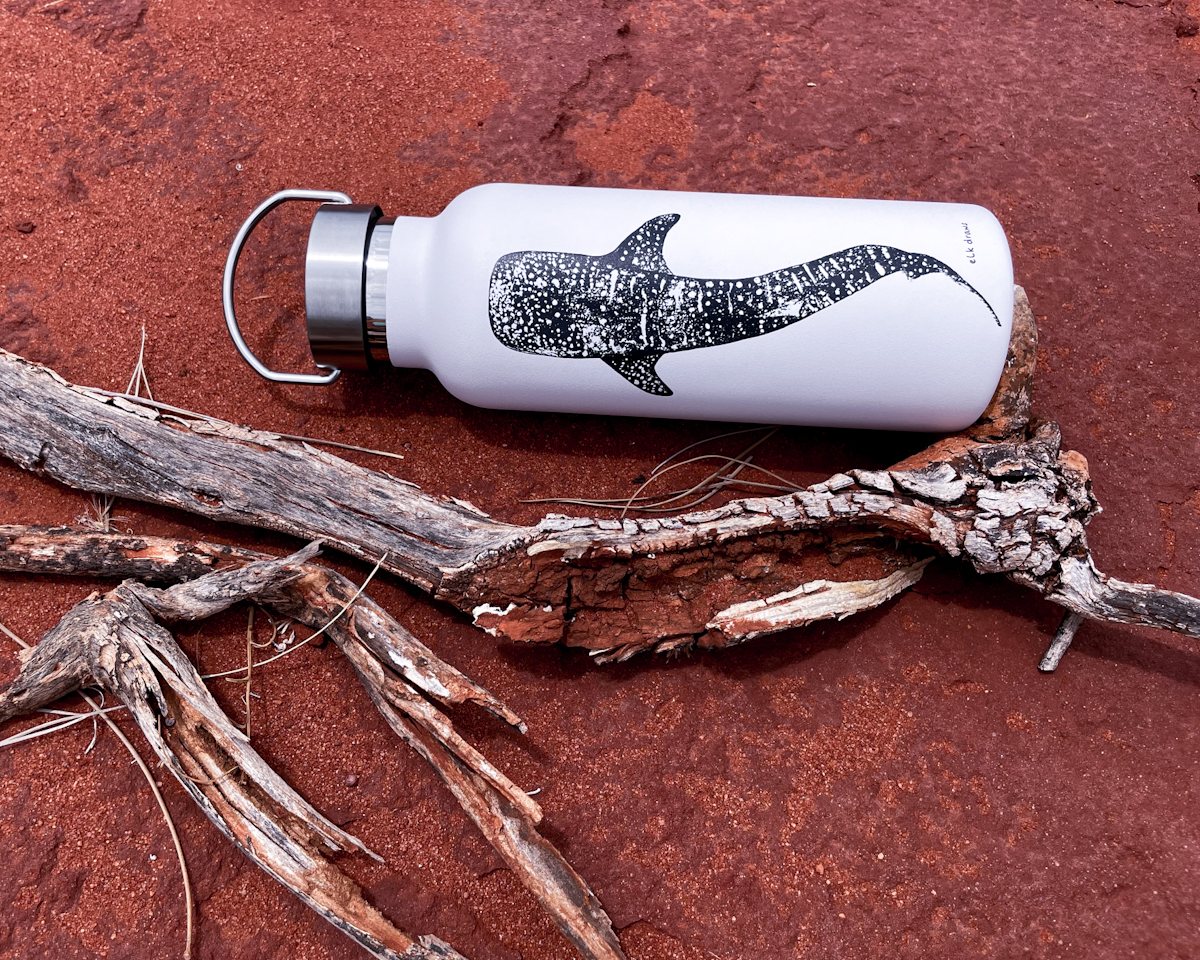 Underwater X Elk Draws Stainless Steel Insulated Water Bottle for Mental Health - Whale Shark
Underwater X Elk Draws Stainless Steel Insulated Water Bottle for Mental Health - Whale Shark
- Price A$ 39.95
-
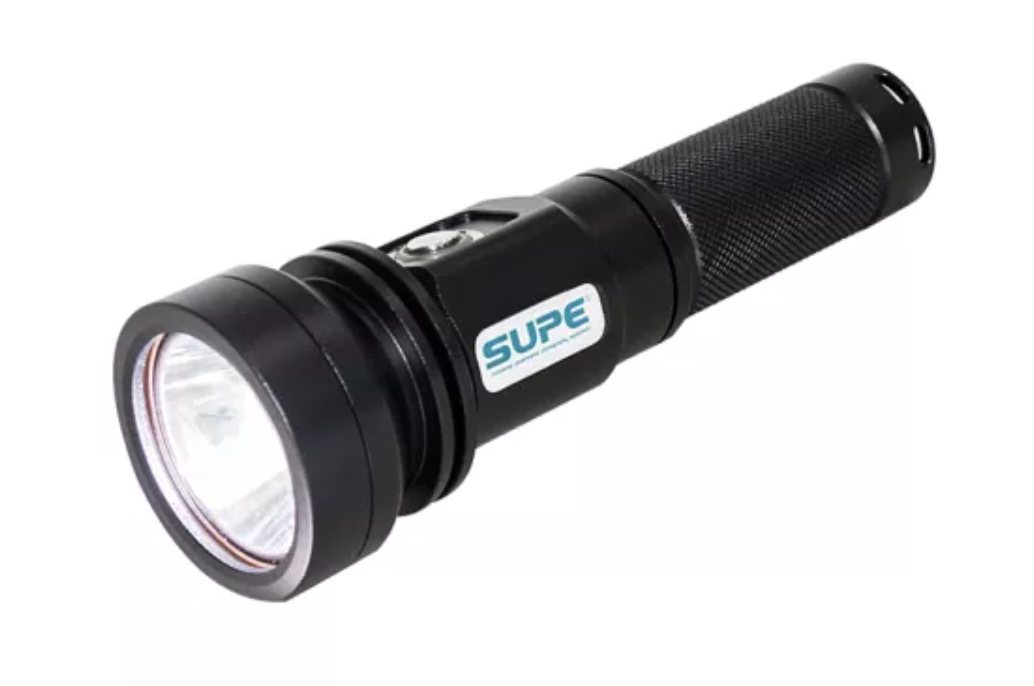 SUPE Scubalamp RD92 LED Recreational Diving Torch - 2000 lumens
SUPE Scubalamp RD92 LED Recreational Diving Torch - 2000 lumens
- Price A$ 189.00
Articles
-
 Ningaloo Reef - By Paul and Kelly Wags
Ningaloo Reef - By Paul and Kelly Wags
by KellyW
- Divers the world over can be divided into two groups, those who would like to visit Exmouth and Ningaloo Reef and those who would like to go back there.





